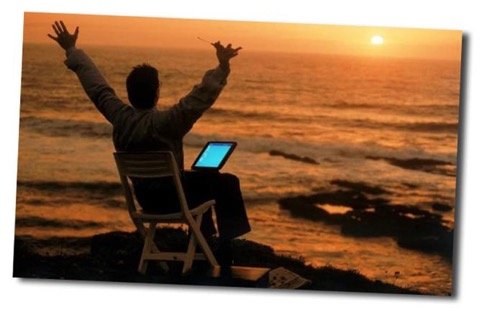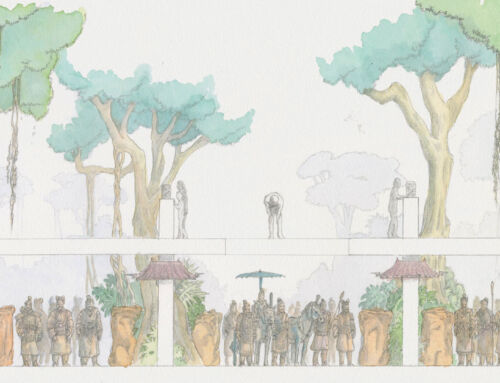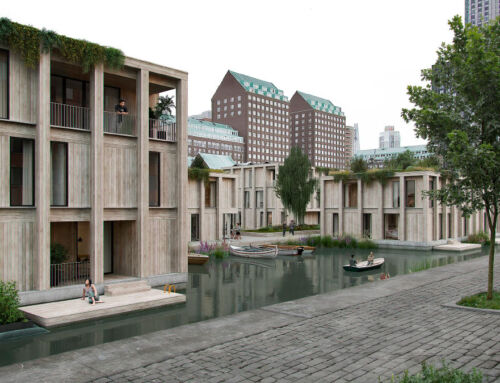The confluence of technological revolutions in computing, telecommunications and audio-visual media has sent us careering towards the Digital Era. The global penetration of these new technologies has occurred at a frenetic pace and on a much greater scale than in previous technological revolutions.
If we compare the time that it has taken technology to reach the first million users, we can see that whilst the printed book took more than a century to reach this figure of readers and the steam locomotive several decades, the first million cars took some years to sell and the first million radios, months. Nowadays, new phenomena can take a question of hours, even minutes to reach a million people.
The effect of this pace is difficult to predict, but in the leisure sector, two highly opposing effects are already being perceived. On the positive side, any person from almost anywhere in the world can inform themselves and choose very diverse options to spend their free time. They can travel or entertain themselves at home, they can have fun alone or in a group, they can share their experiences with people they know or with strangers. They can generate and receive content instantaneously, through any audio-visual format and in any medium. One possible future trend will be that leisure facilities will be designed and run taking into account these new behavioural models, allowing users to select and reserve their activities, manage the details of the experience and share it with whomever they want, whenever they wish.
On the negative side, there are voices that denounce the reduction in leisure time, especially amongst youngsters. The latest surveys show that the under 25s suffer greater stress than the other population sectors, due to lack of sleep and resting time and the lengthening of the working day. Before the appearance of the Internet, you could disconnect whilst on holiday. Now, 46% of tourists travel with their mobiles and check their email. The separation between the time dedicated to work and leisure is blurring and the holiday periods are shortening. The technological advances that were going to liberate us from work and allow us to spend more time thinking about and being with the family, are perceived by some to be a new form of slavery.
The reality will probably be found at an intermediate point, between total freedom and absolute dependence. In any case, the effect of digital technologies on leisure is far-reaching and we must be ready.






